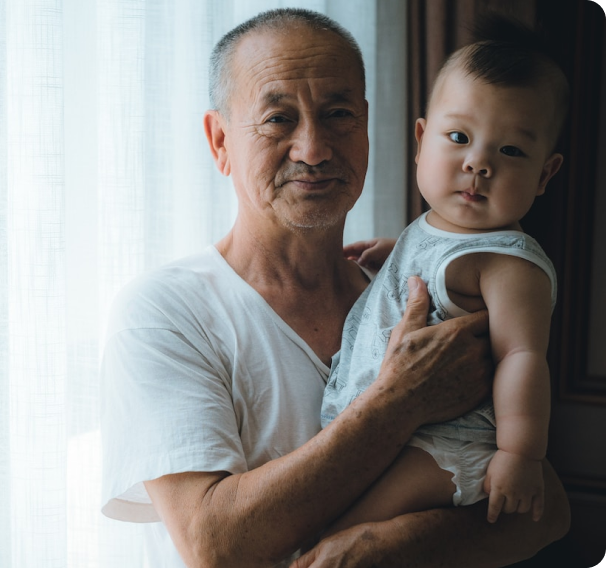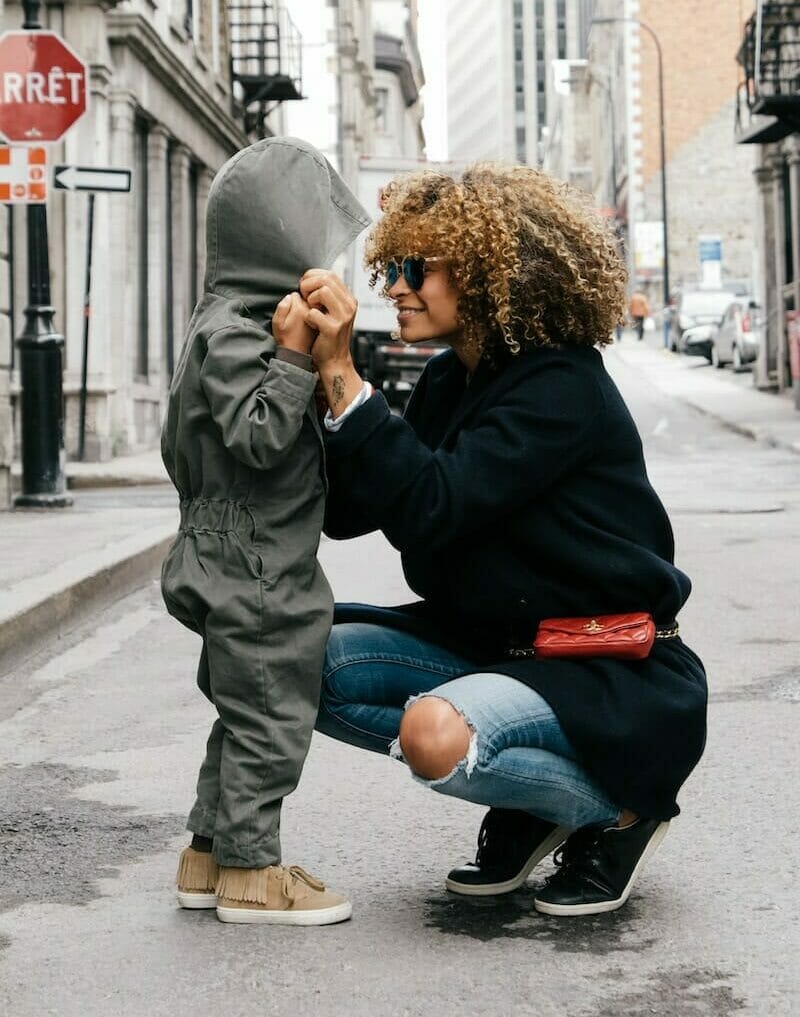Several friends around me vow never to have kids because they know how much bad parenting can hurt from personal experience and don’t want to wield the power of “ruining my kids’ lives.” I see parenthood as the easiest way to experience unconditional love and a second chance at healing wounds from your childhood.
How are your relationships with your parent or your kids? No matter what they are right now, every child starts wanting to be like their parents, wholeheartedly loving them, and wanting to be loved.
curaJOY surveyed more than 1700 families in North America, Greater China, and South America last Fall, and some of the responses will break your heart.
“I wished my parents knew more about me, my characteristics, my interests. And wished we interacted with each other like friends and explored the world together.” (from a 55-year-old man)
“I wished my parents hadn’t given up on me.”
Having a secure, emotional-bonded relationship with parents is one of the top protectors against mental illness. Our perception of ourselves, others, and the world are shaped by our parents—How they treat themselves, what gets our parents’ attention, and when and how they show us love. We are built with a need to connect and be accepted. Much of our internal dialogue, even as adults, are remnants of what we’ve heard throughout childhood. In infancy, parents literally are children’s sun and moon, holding the ultimate power over food, lodging, boundaries, etc. As kids grow up, their physical dependence on parents lessens, but their emotional needs—the need for their parents to think they’re good enough; that they’re important and worth their parents’ attention; that they’re loved, accepted, and desired–never cease.
Parents are often overwhelmed just getting through life with school, lunches to pack, careers, mortgage, etc. to the point that husbands, wives, and kids all become roommates who may carpool, eat and live together but all have separate lives. Maybe instead of posting our lives on social media and soaking up others’ presentations of their lives, we follow our families first, take the initiative to make discoveries together, and share experiences—Let your actions show that your family relationships are worth maintaining. Love and accept your kids no matter what because it’s a perilous world out there, and it may be hard for them to get it anywhere else.
The ever-increasing social media platforms have not given people a truly increased sense of connectedness. In fact, loneliness is a growing global problem. 1 in 3 adults is lonely. The odds are even more unfavorable if you’re a caregiver, LGBTQ, or low-income. So, starting today, spend some time getting to the lives of those closest to you. They were your first followers and biggest fans. Even if they’re already teenagers or young adults—even if you haven’t called in ages, find out how they’ve been spending their time, how they’re feeling (and don’t take “I’m fine.” For an answer), and make yourself relevant in their lives with continuous engagement. Find a project to do together. Relationship means interactions, and these relationships are too important to let fizzle and die.





Leave a Reply